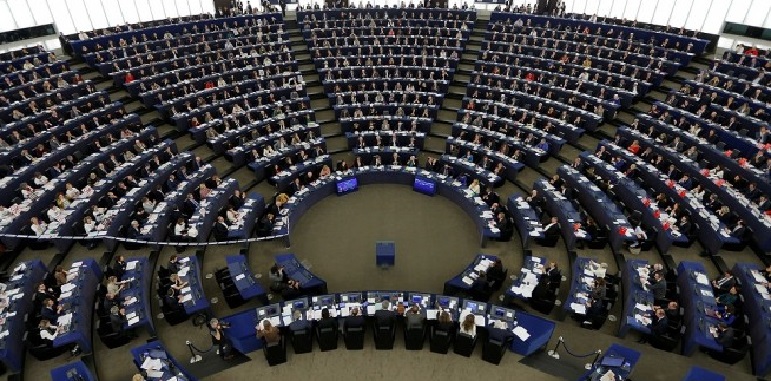
- EU Budget 2021 must be an important part of the COVID-19 recovery plan
- First annual budget of the 2021-2027 multiannual financial framework (MFF)
- But contingency plan necessary in case new MFF is not in place from January
The 2021 budget priorities should be to mitigate the effects of the COVID-19 outbreak and support the recovery, building on the Green Deal and digital transformation.
In the resolution by rapporteur Pierre Larrouturou (S&D, FR), adopted by the Committee on Budgets on Thursday by 33 votes against 4, with 1 abstention, MEPs emphasise that “the Union and all of its Member States must show full solidarity with those most in need, pulling together as a community and ensuring that no country is left to fight this pandemic and the aftermath on its own, including through a 2021 budget commensurate to this historical challenge.” Next year’s budget “should be the first of an updated, reoriented and very ambitious 2021-2027 MFF”, they add.
European Green Deal and digital transformation paramount
MEPs expect the Commission to present a draft 2021 budget that is an important part of the recovery plan which “needs to be built on the European Green Deal and digital transformation of our societies to rebuild our economy, ensure resilience and inclusion (…), protect people’s wellbeing and health from further risks and environmental impacts, create high-quality jobs and ensure social, economic and territorial cohesion and convergence”, according to the resolution.
MEPs’ priorities for next year’s EU budget
- The current crisis should “not reduce the ambition of moving towards the objective of achieving climate neutrality by 2050, requiring cutting greenhouse gas emissions by 55% compared with 1990 levels by 2030”;
- EU-funded research should be increased, be it in relation to COVID-19 to develop vaccines and treatments or with regard to the EU’s climate goals. MEPs remind that “many excellent proposals for research cannot be implemented not because of their bad quality but due to significant under-funding of the programmes”;
- Boost support for small and medium sized enterprises (SMEs), including special emphasis on the digital transformation of SMEs. SMEs “are most likely to be the most affected companies by the economic downturn due to the COVID 19 outbreak”, MEPs underline.
- Fully implement the European pillar of social rights in the 2021 EU budget, considering the immediate and long-term major negative social impacts of the current situation;
- Provide an adequate level of resources in the budget 2021 to tackle the increased migration pressure, also by supporting third countries from which migration flows originate;
- The Commission must propose an MFF contingency plan by 15 June 2020 in order to protect beneficiaries of EU programmes and ensure continuity of funding in case the new MFF is not in place on time for 2021.
For more information on these and other priorities, please check the compromise amendments at the back of the voting list, which have all been adopted, as long as the consolidated report is not available. The draft report and other documents can be found here.
Next steps
The full house will vote, during the 17-19 June plenary session, on the draft guidelines adopted in committee today. The Commission is expected to present its proposal for the 2021 budget towards the end of June. Next year’s budget has to be agreed between the Council and the Parliament by the end of the year.
Background
The budget guidelines are the first document that Parliament produces during the annual budget procedure. It sets out the line that Parliament expects the Commission to take when drawing up its budget proposal.

















